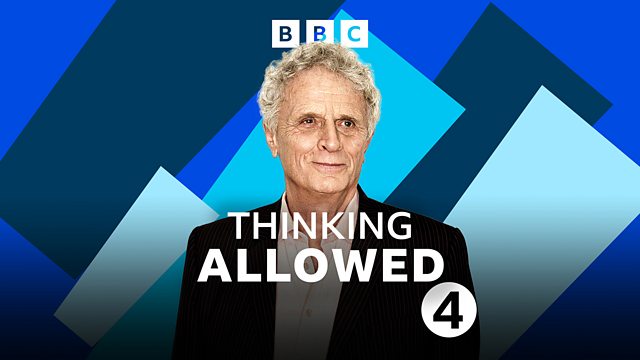Health divides - Counting global health
Sociological discussion programme, presented by Laurie Taylor. Laurie asks why where we live can kill us. Also, measuring global health.
Health divides: Where we live can kill us. Americans live 3 years less than their counterparts in France and Sweden. Scottish men survive 2 years less than English men. Across Europe, women in the poorest communities may live 10 years less than those in the richest. People who live just a few miles apart can have gaps in life expectancy of up to 25 years. Laurie Taylor talks to Clara Bambra, Professor of Public Health Newcastle University Medical School, whose research draws on international case studies to examine the cause of these health inequalities and to consider what changes would be needed so that geographical location need not be a matter of life or death.
Global health: moving beyond metrics - From maternal mortality to malaria, statistical methods are used to measure sickness, injury and suffering across the world. But Vincanne Adams, Professor of Medical Anthropology at the University of California, argues that such well-intentioned 'evidence based' interventions often fail. Drawing on rich case histories from countries including Nigeria and Haiti, she argues that we are missing other ways of knowing and tackling global health problems.
Producer: Jayne Egerton.
Last on
RELATED LINKS
READING LISTΜύ
Clare Bambra, Health Divides: Where you Live can Kill You, (Bristol, Policy Press, 2016)Μύ
Vincanne Adams, Metrics: What Counts in Global Health (Duke University Press, 2016)
Broadcasts
- Wed 25 Jan 2017 16:00Βι¶ΉΤΌΕΔ Radio 4
- Mon 30 Jan 2017 00:15Βι¶ΉΤΌΕΔ Radio 4
Explore further with The Open University
Visit OpenLearn, the home of free learning, for more on topics featured in the series.
Explore further with The Open University
Βι¶ΉΤΌΕΔ Thinking Allowed is produced in partnership with The Open University
Download this programme
Subscribe to this programme or download individual episodes.
Podcast
-
![]()
Thinking Allowed
New research on how society works


